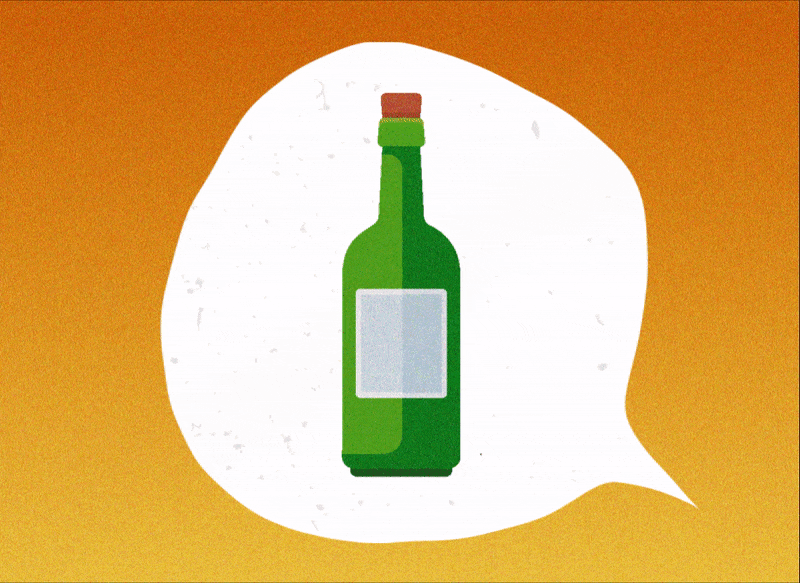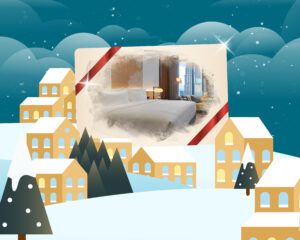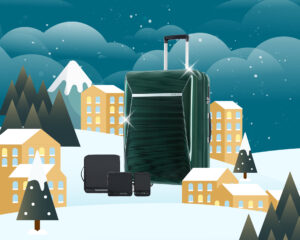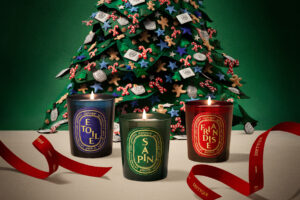Whether it’s due to an increasingly health-conscious culture, or a growing interest in mindfulness about our drinking habits, the past few years have seen more and more people join the sober curious movement, seek out low zero-proof and non-alcoholic beverage alternatives, and opt to meet friends in dry bars on a Friday night.
Despite the changing tides, the simple statement of ‘I don’t drink’ at a social event is still seen today as an open invitation for inquisitive probing, expressions of scepticism, and efforts to convince you to drink anyway.
My own journey towards a booze-free existence was a gradual one, in which stomach cramps, throwing up, and other typical afflictions of the GI tract became progressively more excruciating and long-lasting with each drink I had. At some point, fitting in with everyone else at the table just didn’t seem worth spending the rest of the day locked in the bathroom in agonising pain.
Other non-drinkers’ reasons might vary, from religious, cultural, and health grounds to simply disliking the taste, tiring of hangovers, and not enjoying the feeling of losing control. Regardless of their motives, no one should be obligated to provide an answer or further explanation for why they’re choosing to skip the alcohol.
What may seem like harmless, get-to-know-you small talk fodder, could in reality be poking at a deeply personal topic that a person isn’t ready or willing to discuss. Questions asked out of genuine, well-intentioned curiosity might dredge up trauma from the past.
Why is it that the revelation that someone doesn’t drink coffee is met with barely a head tilt, whereas someone sharing that they don’t take alcohol almost always requires a justification to others? Drinking is so ingrained in our social lives that it almost seems like a transgression to not partake – an act of excluding yourself from everyone else.
Imagine the discomfort of being the only person in the room without an alcoholic beverage in their hand, and then having that exclusion further amplified as prying questions begin to call even more attention to it. Even when they’re open to sharing their reasons for abstaining, those reasons are picked apart, challenged or disbelieved. People might make inferences about a non-drinker’s personality, assuming that they have a holier-than-thou attitude, or that they’re boring to be around.
This is why many of us have had to refine and rehearse our answers to the dreaded ‘why don’t you drink’ question, making sure it’s ironclad against sceptics, intrusive follow-up questions, and persuasions to ‘just try it one more time,’ all while making it known that it’s a personal choice and that we’re not judging anyone else. Maybe throw in a witty one-liner to show we’re not some stiff prude.
It shouldn’t be this difficult. Perhaps next time, if you see someone asking the bartender for a glass of water or a mocktail, skip the interrogation. They’ll breathe a grateful sigh of relief, and you might even get a designated driver out of the deal.










